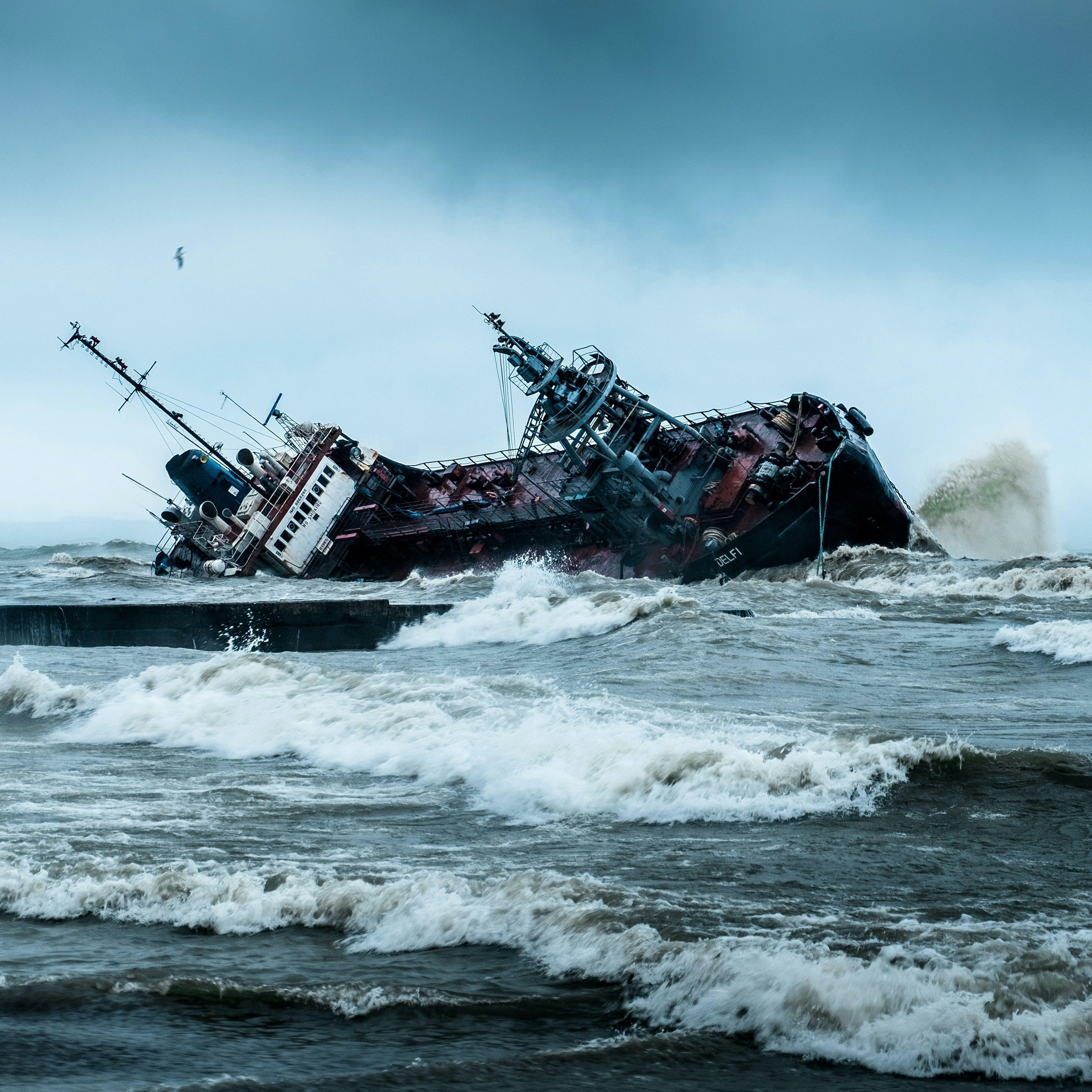Navigating Legal Aspects of Hurricane Preparedness
As hurricane seasons become increasingly unpredictable, businesses, communities, and individuals must prioritize preparedness. While physical preparations are critical, understanding legal considerations for hurricane preparedness and recovery can significantly enhance resilience. These considerations ensure you not only comply with regulations but also adequately protect assets and lives during such events.
Understanding Building Codes and Zoning Laws
One of the primary legal areas to consider involves compliance with local building codes and zoning laws. These regulations are designed to safeguard properties and occupants during extreme weather conditions. For instance, FEMA’s guidelines on building codes emphasize resilience, providing a framework for construction that can withstand severe storms.
Ensure your structures meet the requirements for hurricane-resistant materials and designs. Regularly update your knowledge of any changes in local zoning laws to avoid penalties and ensure maximum safety.
The Importance of Insurance Coverage
A comprehensive insurance policy tailored for hurricanes is essential. Businesses and homeowners must review their insurance policies to ensure they cover potential hurricane-related damages, such as flooding, wind damage, and loss of business. Consult with insurance professionals to understand coverage limits and any potential gaps, such as those related to business interruption insurance, which is crucial for maintaining business continuity post-disaster.
Employment Law Considerations During Disasters
Employers must adhere to employment laws when preparing for and recovering from hurricanes. This includes understanding obligations related to employee safety, wages, and rights during forced closures. The Occupational Safety and Health Administration (OSHA) provides guidelines on maintaining safe work environments during such emergencies.
Employers should establish and communicate clear hurricane protocols, including remote work options and contingency plans. Additionally, ensuring fair compensation and job protection for employees during hurricane disruptions is vital to maintaining workforce morale and compliance.
Contracts and Legal Obligations
Review and update contracts with suppliers, clients, and partners to include force majeure clauses specific to hurricanes. These clauses provide legal protection in situations where contractual obligations cannot be met due to natural disasters. Addressing potential supply chain disruptions in contracts can help mitigate legal disputes and ensure smoother recovery processes.
Community and Government Collaboration
Collaborating with local government agencies and community organizations can enhance disaster preparedness. Engage in community-based disaster preparedness plans, which often include shared resources, evacuation routes, and collective safety measures. Explore partnerships with local non-profits, such as HelpNow, to strengthen support networks before and after hurricanes.
Moreover, familiarize yourself with Florida’s official emergency management resources to stay informed on legal requirements and government initiatives related to hurricane response and recovery. This knowledge can guide more informed decision-making and facilitate compliance with state and federal regulations.
Conclusion: Proactive Legal Measures for Hurricane Preparedness
Ensuring preparedness for hurricanes involves more than physical preparations. Understanding and addressing legal considerations is crucial to protect property, ensure safety, and maintain compliance. By focusing on building codes, insurance, employment laws, contracts, and community collaboration, you can enhance resilience and navigate the complexities of hurricane seasons more effectively.
For more information on hurricane preparedness, explore our blog or join our upcoming courses designed to equip individuals and businesses with essential skills for disaster response and recovery.

